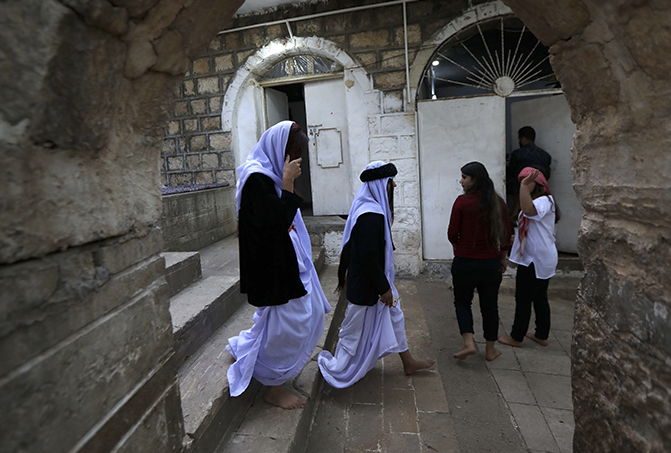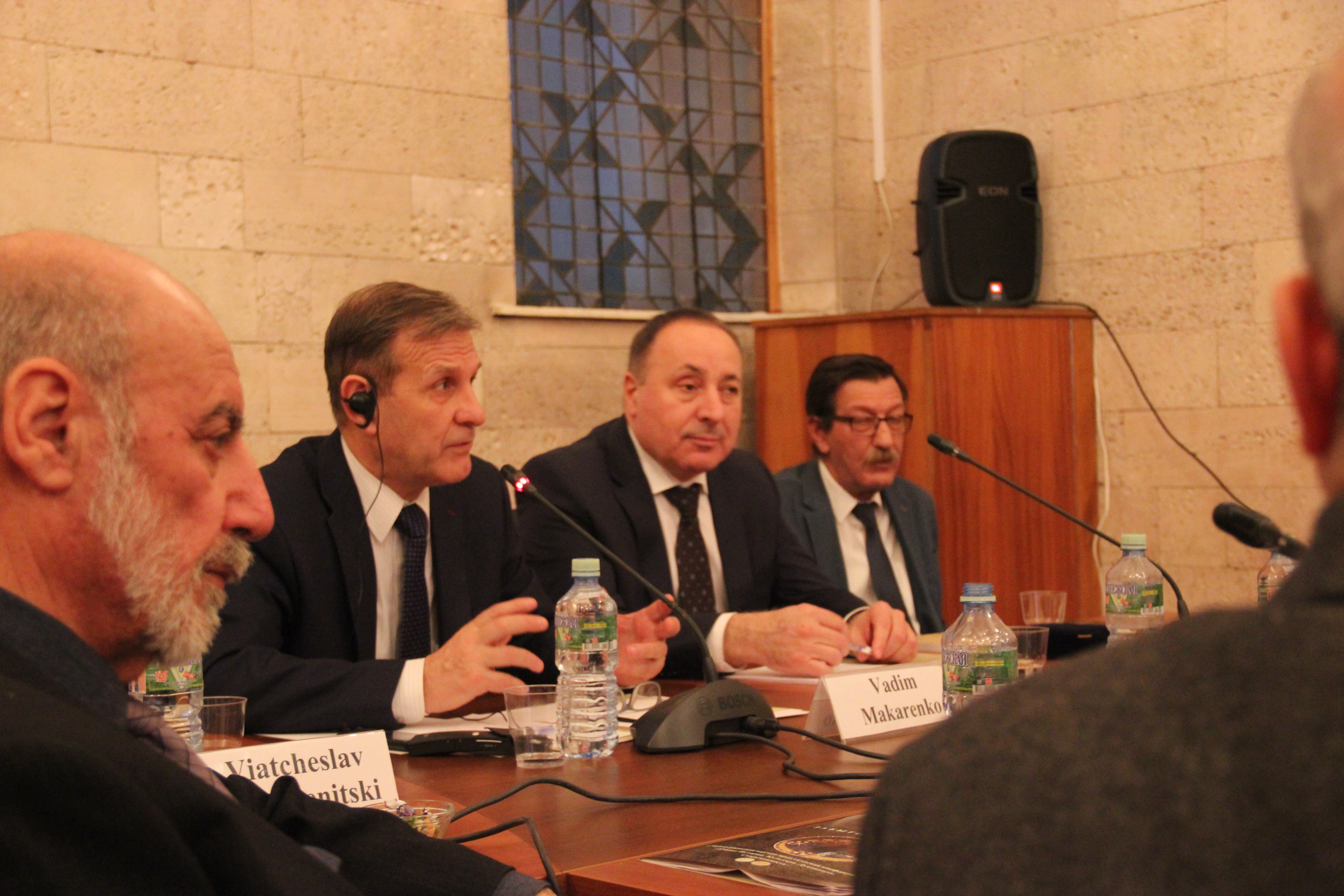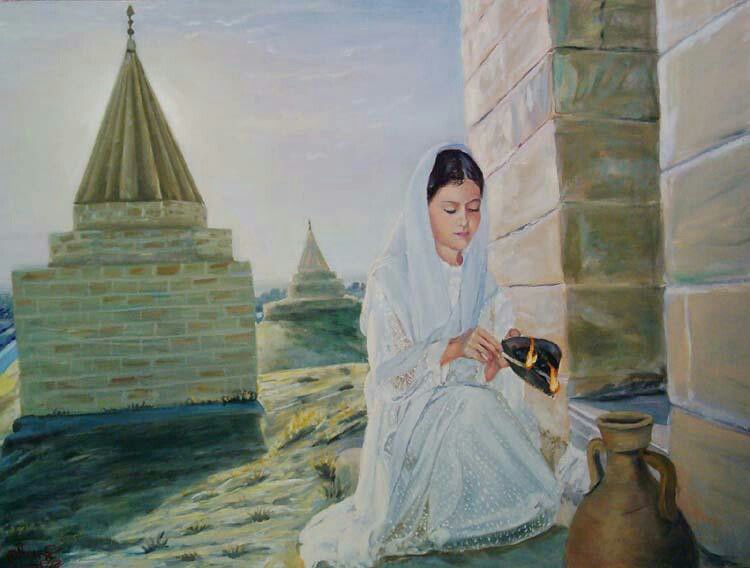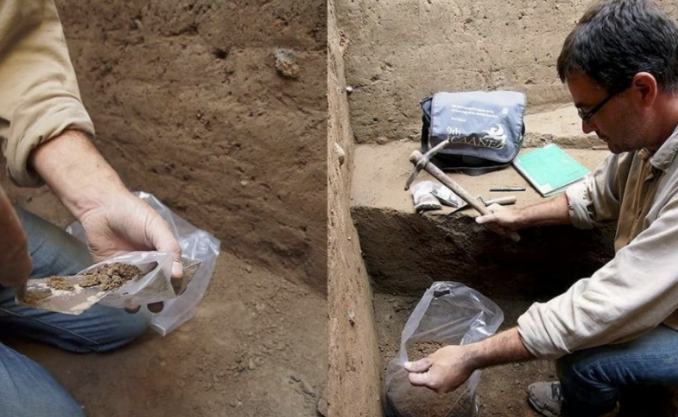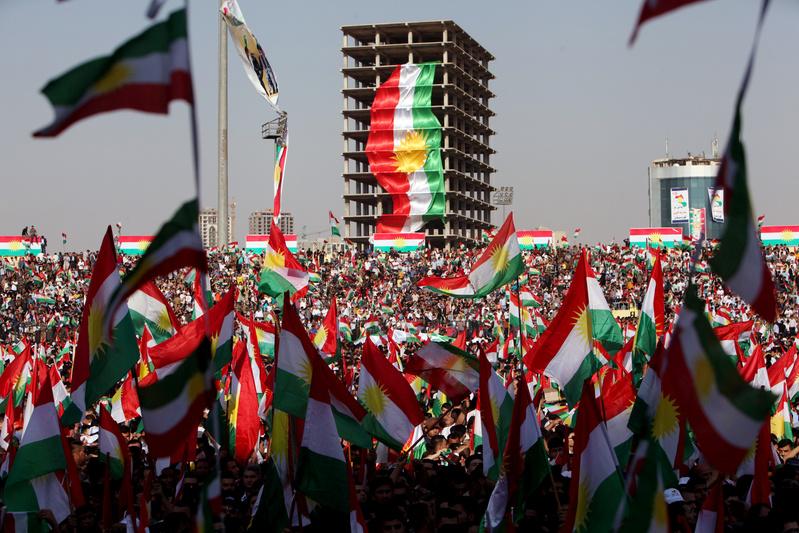Articles
The Impact Of War On The Everyday Life Of Displaced Iraqis
Dr Alison Strang / 13 сентября 2017 года
Travelling out of the city of Duhok, Iraq, the empty shells of half built tower blocks soon gave way to dusty rolling hillsides dotted with ground hugging villages.
The men agreed that there is too much shame in asking for help when you know that you cannot reciprocate. Eventually, the solidarity breaks down under the strain. Strain showed in other ways too: men and women talked of how tensions led to stress and even violence in the home. We thought the men, especially, would not be willing to talk about violence in their homes, but in fact they spoke readily - it seemed a relief to admit the huge burden of responsibility to resolve disputes within their families. The culture of honour and shame puts pressure to keep everything private. Men would consult religious leaders, and ultimately the overall Yazidi religious leader, Baba Sheikh, whose judgement is final, but there was very little trust in civic structures such as the police or courts. These were seen as a source of public humiliation to be avoided - even the cost of ongoing danger to your daughter. Women, who often felt to blame for their husband’s violence, were also desperate to avoid shame and said they would just ‘keep silent’. Mothers were a great source of comfort, and could be trusted to keep things private, but they had very little power to influence change. Fathers, and other male relatives were needed to actually intervene. Our connections mapping showed how little access women have to trusted relationships outside the family. A displaced woman, separated from her own male relatives is especially vulnerable. For most women, the stigma of seeking help from the police or women’s rights organisations was too high a price to pay. Yazidis are clearly exercising huge resilience. Their private faith and their religious leader are a great source of strength during this time of crisis. They form strong bonds within their community, but remain disconnected and untrusting of local people and organisations. Maggie Sandilands, who leads Tearfund’s work on gender-based violence in humanitarian contexts, said‘If I have money and you need money, you can come to my home and claim some money.... Whatever I have for you, I can give you help.... But now I can’t do that.’
‘This research highlights the importance of faith, as a key source of support and personal resilience, for people affected by conflict and displacement. Better understanding of social norms and the way communities cope with emergencies - and how this impacts men and women differently - is vital to humanitarian agencies like Tearfund. We need to listen to those most affected. It helps us to respond more effectively to people’s needs, in a way that is context appropriate and strengthens existing community resources.’
Источник: huffingtonpost.co.uk


